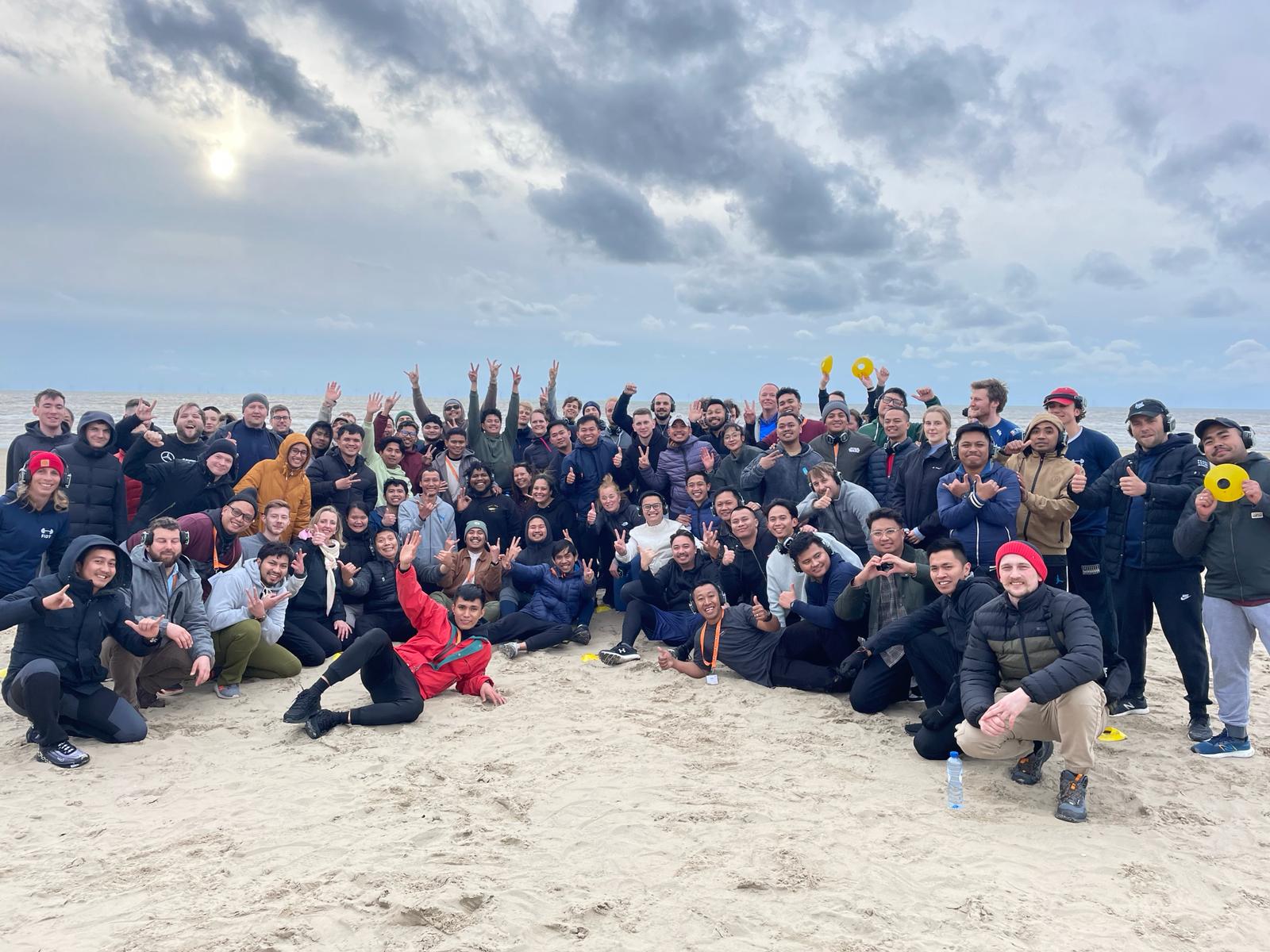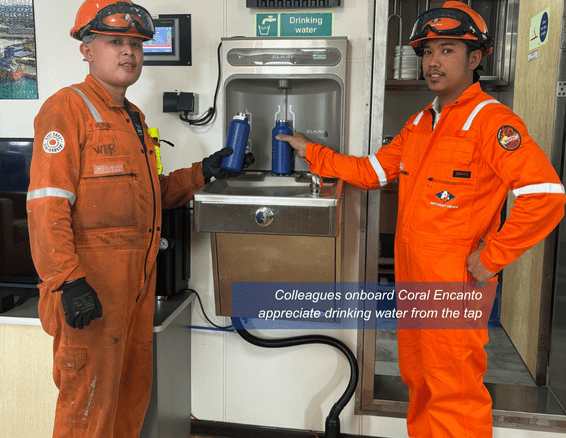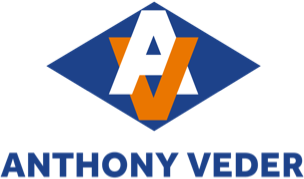
Sustainable growth report 2024
Sustainable growth report 2024
SUSTAINABLE PROJECTS
In 2024 we made progress on several projects that contribute, or will contribute, to reducing our emissions.
Wind-assisted propulsion
One of the most visible sustainable measures we took is the installation of wind-assisted propulsion systems on the vessels Coral Patula and Coral Pearl. These VentoFoils are suction wings and operate by creating an air pressure differential.
This is similar to traditional sailing, but mechanically amplified through suction. This generates a pulling force in the sailing direction of the ship, reducing the power demand on the main engine. As a result, fuel consumption and associated carbon emissions can be reduced by up to 10%.
Ship-based carbon capture (SBCC)
For some years, we have participated in projects to reduce emissions by carbon capture from funnel emissions on board. The captured CO2 can either be permanently stored, or even better: support the development of a circular fuel economy when used as feedstock to produce low-carbon fuels such as synthetic LNG; an important step toward our net-zero ambition. This could even lead to negative tank-to-wake emissions, which can be used to offset emissions from other vessels in our fleet.
The EverLoNG project, funded by the European Union, is progressing well and successfully carried out pilots on an LNG carrier and a semi-submersible crane vessel, raising the technology readiness level (TRL) of SBCC to TRL 7.
The second project we participate in, LNG-Zero, is a Dutch government-funded consortium aimed at preparing the Dutch maritime industry for full-scale SBCC deployment. LNG-Zero, along with its follow-up project Blue Horizon, forms part of the Dutch Maritime Masterplan. This initiative aims to have around 30 Dutch ships operating climate-neutrally by 2030, powered by one of three technologies: LNG with carbon capture, hydrogen, or methanol. In the second half of 2024, Blue Horizon secured partial subsidy funding and aims to demonstrate full-scale SBCC on board one of Anthony Veder’s vessels.
Ammonia drive
In the longer run, a promising route to net-zero might be green ammonia as a marine fuel. To support its development, we participate in the AmmoniaDrive project. The goal is to enable full ammonia combustion, without relying on fossil-based marine gas oil (MGO) as pilot fuel, by replacing the MGO with hydrogen. This hydrogen is a side stream from a cracking process in a fuel cell setup also running on ammonia, which simultaneously generates electricity onboard.
A group of PhD students is supported by a user committee, including Anthony Veder. Our focus is on maintenance, safety, risk, and techno-economic assessments. The goal is to bring the technology to TRL 4 by 2028, after which a demonstration project on board may be initiated.
Freshwater filtering system
In 2024 80% of our vessels had Hatenboer filtered drinking water systems installed, putting us on track to reach 100% in 2025. This will enable all colleagues onboard to drink clean, safe water directly from the tap.
We closely work with Hatenboer to support adoption of the system and promote behavioural change, especially among crew members unfamiliar with drinking tap water in their country of origin. Regular testing of the systems is required and scheduled through BASSnet, our planned maintenance system. To further encourage usage, high-quality reusable bottles have been provided to crew members.
Thanks to this initiative, our plastic bottle orders dropped by 24% in 2024 compared to the previous year. As more ships become equipped and crew adoption continues to rise, we anticipate a further decline, ultimately aiming to eliminate plastic drinking water bottles onboard entirely. Achieving this goal will lead to a substantial reduction in plastic waste.

